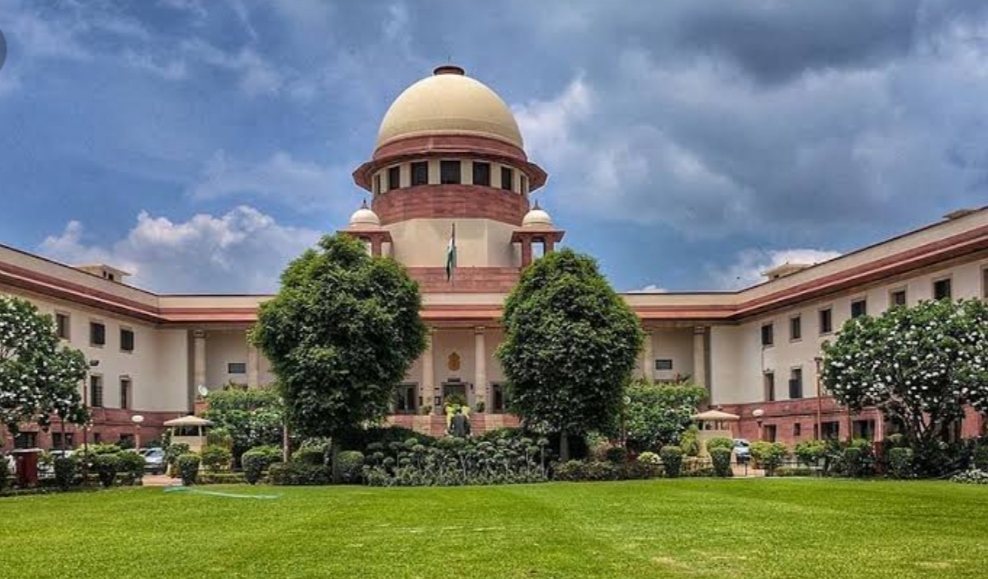The Supreme Court on Tuesday issued fresh guidelines on passive euthanasia, doing away with the three-tier process of getting approval from a Judicial Magistrate to withdraw life support for a terminally-ill patient, while keeping the essential safeguards intact.
The five-Judge Constitution Bench of Justice K.M. Joseph, Justice Ajay Rastogi, Justice Aniruddha Bose, Justice Hrishikesh Roy and Justice C.T. Ravikumar passed the orders for removal of layers of red tape by permitting a two-tiered process for authorising passive euthanasia.
Earlier, the doctor and the patient’s family had to get approval from the Judicial Magistrate to withhold life support of a terminally-ill patient.
The Apex Court agreed to the point that modifications were required in the guidelines for Living Will/Advance Medical Directive issued by the top court of the country in the Common Cause vs Union of India And Anr case.
A Miscellaneous Application was filed in the Supreme Court by the Indian Council for Critical Care Medicine, seeking modification of the guidelines for Living Will/Advance Medical Directive as the previous directions of the Apex Court have become unworkable.
Senior Advocate Arvind Datar contended that the previous order was that the advance medical directive ought to be made in the presence of two independent attesting witnesses.
Seeking to strike down the provision that mandated getting the directive approved by a Judicial Magistrate of First Class for passive Ethanasia, Datar contended that this made the process cumbersome.
The Bench, which had been hearing the arguments for the past four days, deliberated upon the suggestions that were put forth by the applicant after conducting multiple meetings with all the stakeholders.
On Tuesday, it took note of the joint proposal made by the Central government and the applicant for modifications.
Datar suggested the time allotted for consideration to be made by the Primary Medical Board and the Review Board be 24 hours each from the previous requirement of 48 hours.
However, the top court of the country observed that the time frame of 48 hours, as provided by the Union government, was reasonable.
The Counsel then submitted that if 48 hours was accepted, then it should be clarified that the consideration would take place ‘within’ 48 hours.
Regarding the Review Board, though Datar opposed having it at all, the Union Government submitted that it wanted to retain the same as a check and balance mechanism.
On question from the Apex Court, Additional Solicitor General (ASG) K.M. Nataraj contended that the 48-hour timeline would start, once the Board was constituted.
However, Senior Advocate Datar submitted that it would be considered from the time the treating doctors knew that the end was ‘inevitable’.
Regarding cases where there was no advance medical directive, Datar apprised the Bench that in all such cases, the consent of the kith and kin was to be taken into consideration.
The Apex Court was apprised that even without the advance directive, passive euthanasia was being practiced. As per Datar, an order of the Supreme Court would go a long way in protecting the doctors.


